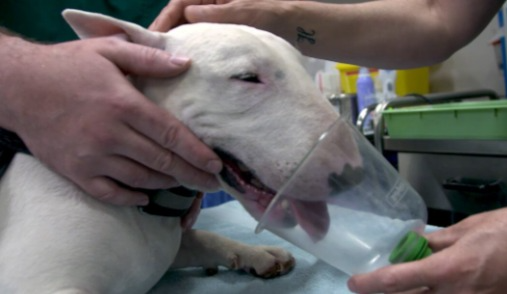Cancer is a complex disease, and researchers are constantly searching for new and improved methods for prevention and treatment. Antioxidants have gained interest for their potential role in combating cancer, and Coenzyme Q10 (CoQ10) is one such antioxidant that has been generating curiosity.
This blog post reviews a study “The role of coenzyme Q10 as a preventive and therapeutic agent for the treatment of cancers” (Feb 2024) that investigated CoQ10 and its potential application in cancer prevention and treatment.
What is CoQ10?
CoQ10 is a naturally occurring substance present in almost every cell in the body. It functions in two important ways:
Energy Production: CoQ10 plays a vital role in the mitochondria, the cell’s powerhouse, by aiding in energy production.
Antioxidant Activity: CoQ10 acts as an antioxidant, protecting cells from damage caused by free radicals. These free radicals are unstable molecules that can contribute to various diseases, including cancer.
CoQ10 and Cancer Prevention
The study suggests that CoQ10 might have preventive properties against cancer. Here’s a glimpse into what the research found for various cancers:
Breast Cancer: While some studies show a positive association between higher CoQ10 levels and a lower risk of breast cancer, others found conflicting results. More research is needed to clarify this connection.
Lung Cancer: Studies suggest a possible link between lower CoQ10 levels and a higher risk of lung cancer, especially in smokers.
Other Cancers: The review mentions potential benefits for colorectal, cervical, prostate, and other cancers, but more research is required to confirm these findings.
CoQ10 and Cancer Treatment
The study explores how CoQ10 might play a role in cancer treatment alongside conventional therapies:
Potential Mechanisms: The review suggests various mechanisms by which CoQ10 might exert anti-cancer effects, including reducing inflammation, inhibiting cell proliferation, and promoting cell death in cancer cells.
Limited Clinical Trial Data: While some studies have shown promise, there’s a lack of robust clinical trial data to definitively prove CoQ10’s efficacy in cancer treatment.
Potential Benefits with Chemotherapy: CoQ10’s antioxidant properties might help mitigate the side effects of chemotherapy drugs, which can damage healthy cells.
CoQ10: Safety and Future Directions
Generally Safe: CoQ10 is considered safe for most people when taken at recommended doses.
Future Research: The authors emphasize the need for more clinical trials to determine the effectiveness of CoQ10 for cancer prevention and treatment. They also call for research into the ideal dosage, duration of use, and potential interactions with other medications.
Important Points to Remember
CoQ10 shows promise as a complementary therapy in cancer prevention and treatment, but more research is needed.
It cannot be a replacement for conventional cancer therapies.
If you’re considering CoQ10 supplementation, discuss it with your doctor to ensure it’s safe for you and won’t interfere with your current medications.
Conclusion
CoQ10’s potential role in cancer is an exciting area of ongoing research. While the current evidence is encouraging, more studies are needed to solidify its applications. If you have any questions about CoQ10 or its potential benefits for you, consult your doctor for personalized advice.


